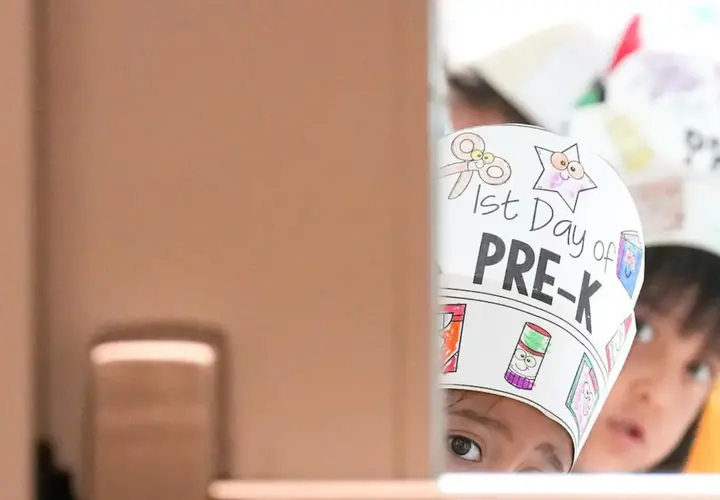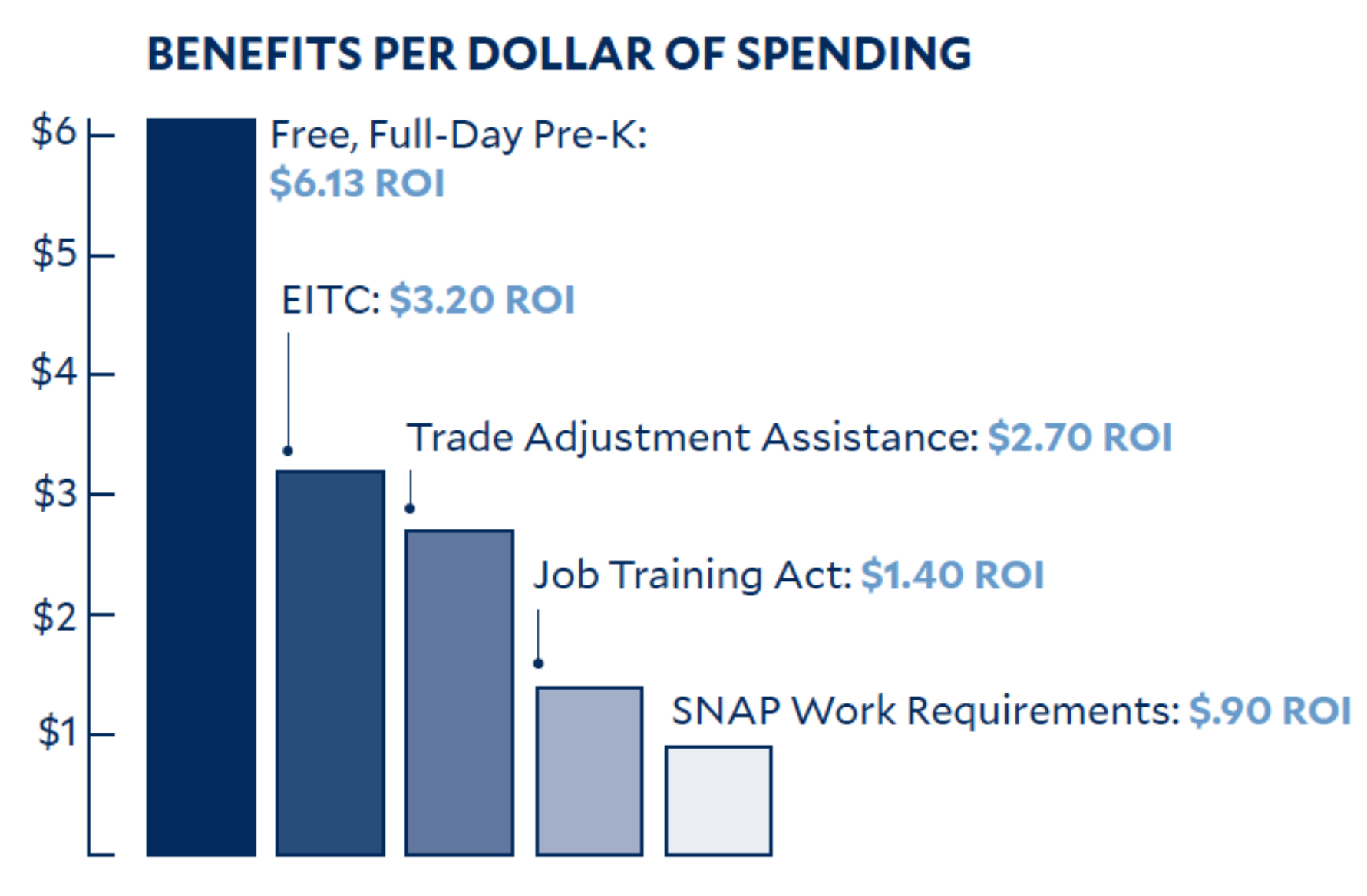New Research: Free, All-Day Early Care Sets Families on a Better Financial Trajectory

Families who access free, full-day, universal early care earn more—for years to come
Research identifies key elements that make early care effective as labor market policy
Over five decades, U.S. cities, states, and the federal government have increased funding to an array of pre-kindergarten and child care programs. While the impact of many such programs on child development has been extensively researched, their influence on parents' work and earnings has remained understudied.
A central rationale for early care is that it enables workforce participation, thereby strengthening families’ economic stability. But understanding to what degree it does so, under what circumstances, and with what return on public investment is essential for informed policy design. Researchers widely acknowledge the absence of rigorous evidence, and policymakers have long called for better answers.
To address this need, Yale’s Tobin Center supported a comprehensive study linking 20 years of randomized school district lottery data with state data on earnings, K-12 outcomes, and more. The study 'Parents' Earnings and the Returns to Universal Pre-Kindergarten,' by economists John Eric Humphries, Christopher Neilson, Xiaoyang Ye, and Seth D. Zimmerman, was published in the National Bureau of Economic Research (NBER).
The novel research identifies the key elements of early care design that unlock parents’ ability to work and earn to support their families. The study calculates the scale of earnings results for families who were admitted versus those who were not. This, in turn, enables a first-of-kind cost-benefit analysis of the returns to public investment.
Researchers find the earnings gains for admitted families are high and last long after the completion of pre-K. They identify the three key elements of care that unlocked these earnings gains: it was free, offered at times that match typical work days, and was not means tested. In terms of return on public investment, as seen in the figure below, researchers state: “Our main finding is that UPK is one of the most cost-effective active labor market policies ever evaluated in the U.S.”

This first-of-kind evidence charts a clear path for early care policy to measurably and significantly enhance family economic well being: enabling parents to work the hours they want, achieve greater economic stability, and reduce financial stress.
The incremental cost increases of work-enabling care offer high return on public investment. The study demonstrates that care policies designed to maximize economic opportunities align with providing high-quality childcare and promoting child welfare. It is the most instructive study to date on what aspects of care most effectively enhance earnings:
Despite state-to-state differences in early care environments, these findings can inform both pre-K and childcare program designs nationwide, including those serving younger children, ages 0-3.
About the study
The Yale Tobin Center supported a comprehensive study to examine a large-scale pre-K program for 3- and 4-year-olds in New Haven, Connecticut, spanning from 2003 to 2022. Since New Haven uses random admissions lotteries, researchers were able to compare earnings outcomes for families assigned to pre-K programs with those who were not. Through collaboration with New Haven Public Schools and relevant state agencies, the researchers were able to track parental earnings and children's academic achievement longitudinally. The persistent gap in parental earnings evidence has been commonly attributed to the complexity of data linkage across both levels (local/state) and agencies of government. With Tobin support as well as the active collaboration of the New Haven School District, and Connecticut’s P20 WIN system, researchers combined NHPS lottery records with administrative data of multiple programs across five different state agencies to yield these groundbreaking results.
Consequently, this research provides the most definitive evidence to date on the positive impact of non-means-tested, free, all-day pre-K on family economic outcomes.
To help illustrate what happens when families access free, full-day, universal early care, the research team put together an infographic with key findings.

Media Inquiries? Contact Shannon Bradford: shannon.bradford@yale.edu